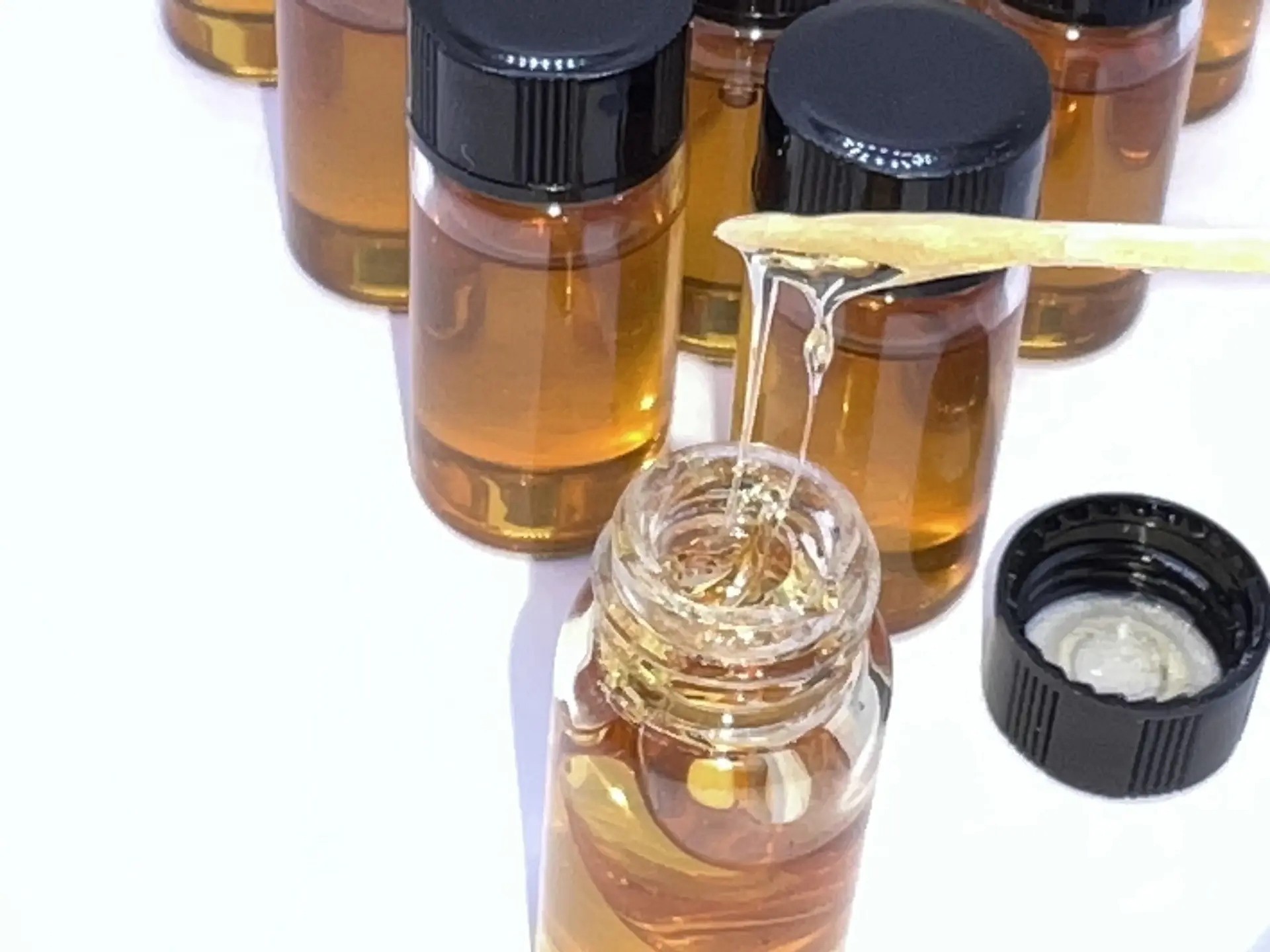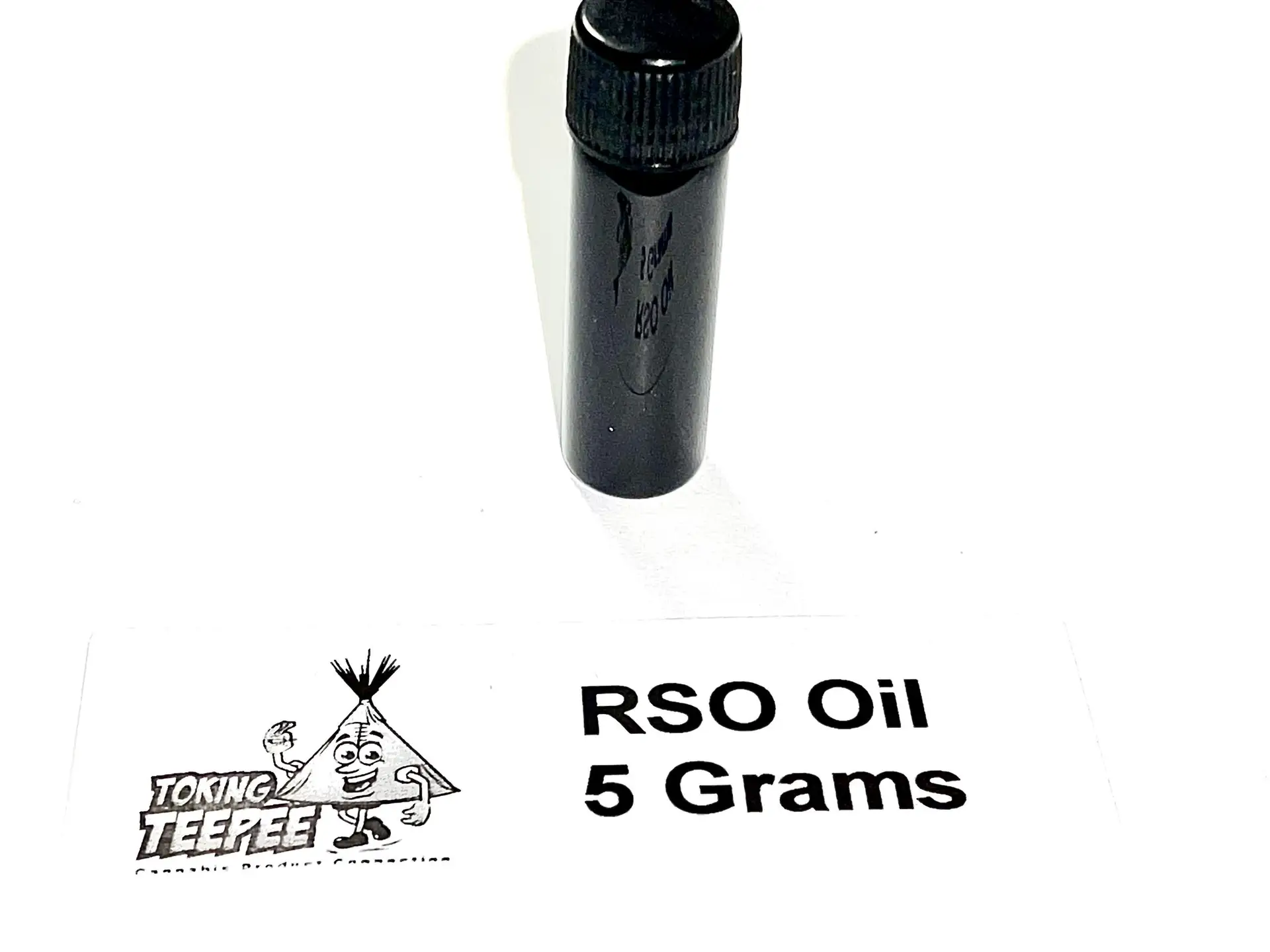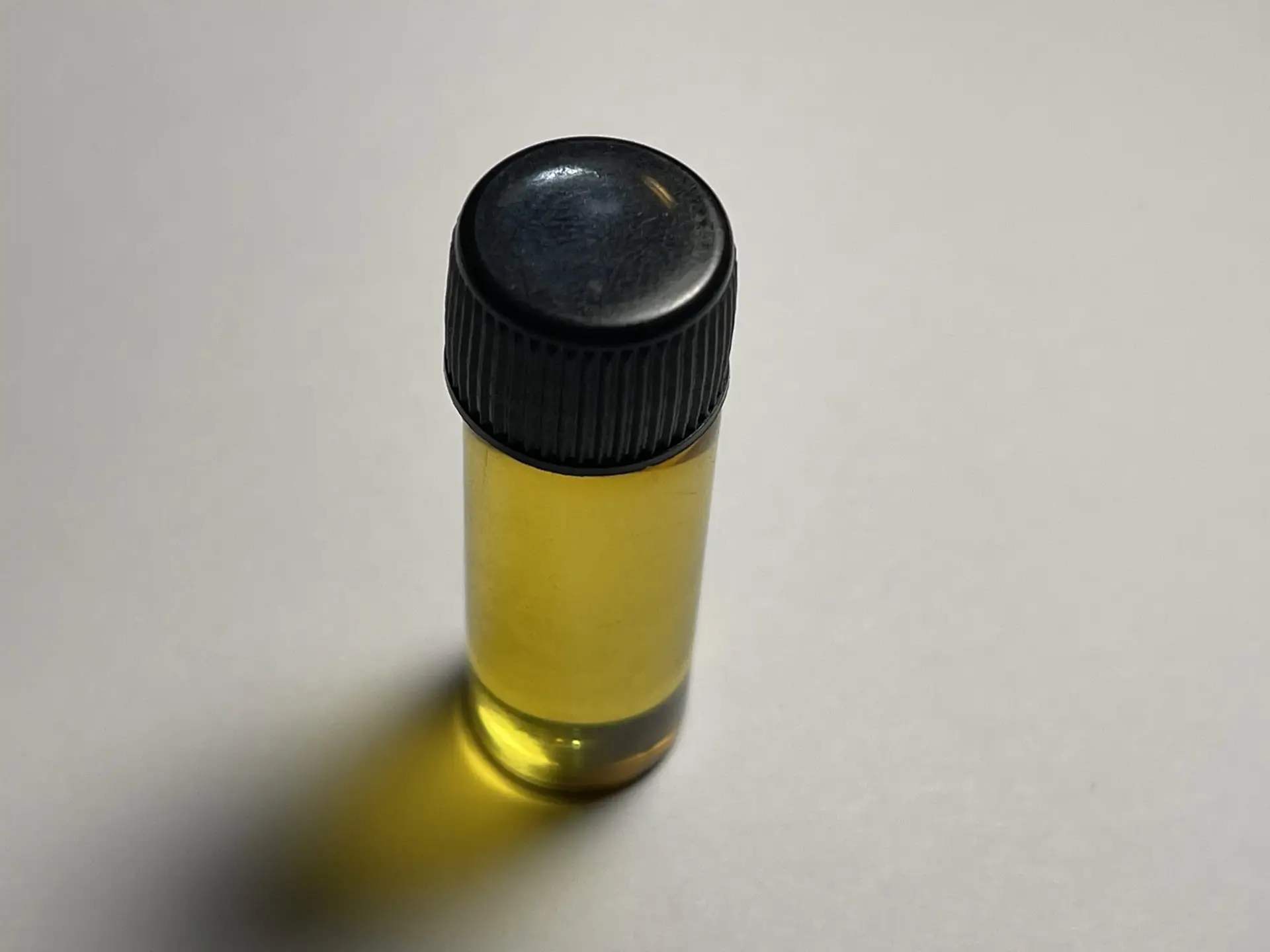
Pure CBD Extract
Discover the Wonders of Pure CBD Extract Isolate: Have you heard about the new miracle product, Pure CBD extract isolate? People are dubbing it “the golden elixir.” Let’s take a closer look at what it is and why you should consider using CBD extract daily. We’ll also discuss its purity, unique characteristics, and potential health benefits.
What is CBD Extract Isolate?
Pure CBD extract isolate is an all-natural substance derived from hemp plants containing high concentrations of cannabidiol (CBD). The extraction process further refines the extract removing any trace amounts of THC. The resulting processed product delivers pure CBD isolate usable in many different forms. To learn more about CBD extraction, explore “The Top 3 Types of CBD Extraction.“
Purity of CBD Extract Isolate
How Pure is the Product? Making CBD extract isolate starts with extracting oil from hemp plants, which is then distilled and purified to remove unwanted compounds like waxes or chlorophyll. The process results in an ultra-pure product that people love to use. It comes in various forms, such as in tinctures, edibles, balms, and more. Because it’s so pure and free from impurities, people prefer using it who don’t want to experience any psychoactive effects from their CBD usage.
What Makes This Product Unique?
No THC Content: One of the main things that make pure CBD extract unique is that it has no trace amounts of THC. Having no THC means no risk of experiencing any psychoactive effects when consuming this product. Unless made with a process that isolates the CBD, there will always be trace amounts of THC in cannabis. The purity of CBD Isolate makes it perfect for those seeking relief without experiencing any mind-altering effects. Easily Accessible Everywhere – Another essential factor that makes this product unique is its availability everywhere. You can find CBD extract isolates online or at your local dispensary or store – making them easy to access no matter where you live!
Health Benefits:
One significant benefits people experience when taking pure CBD extract isolates is pain management and relief from various ailments such as chronic pain or inflammation. In addition, studies show that regular use may significantly reduce inflammation-related pain over time. It also helps those suffering from chronic pain manage their symptoms better!
CBD extract isolates enable users to manage physical pain, but they can also help reduce stress levels and anxiety! Studies have shown how regular doses can help reduce symptoms associated with anxiety disorders. An example is generalized anxiety disorder (GAD) or social anxiety disorder (SAD).
Improved Sleep Quality:
Lastly, using these products may improve sleep quality too! Regular doses may help improve overall sleep quality while reducing insomnia symptoms over time – something that could benefit everyone!
If you’re looking for an all-natural way to manage your health issues, consider trying a high-quality pure CBD extract isolate! With its ultra-pure formulation containing no trace amounts of THC, easily accessible availability everywhere, and its potential health benefits like pain management/relief stress reduction/anxiety reduction & improved sleep quality – there’s no reason not to try out a high-quality product today! If you’re looking for quality products available today, then make sure to check out Toking Teepee’s quality pure CBD extract now! They carry only top brands and guarantee satisfaction on every purchase made through their site – so head on over now & see what’s on offer!





